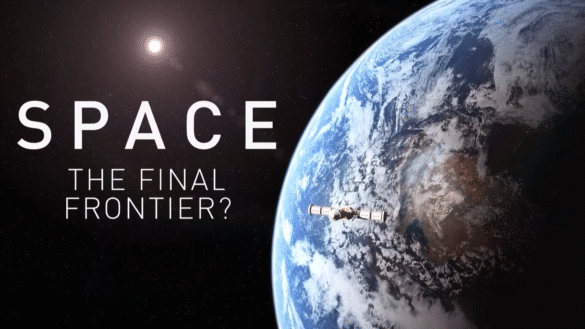Space exploration is one of humanity’s most ambitious and inspiring endeavors. It represents our relentless curiosity, our drive to discover the unknown, and our quest to understand our place in the universe. Since the launch of Sputnik 1 in 1957, humanity has made giant leaps—from landing on the Moon to exploring distant planets and peering deep into the cosmos with powerful telescopes. Today, space exploration is not just about scientific discovery; it is about the future of life on Earth and beyond.
Why Space Exploration Matters
1. Expanding Scientific Knowledge:
Space missions allow us to study celestial bodies, cosmic phenomena, and the origins of the universe. By sending probes to Mars, Jupiter, and even the outer reaches of the solar system, we gather data that help us understand planetary systems, the formation of galaxies, and even the potential for life elsewhere.
2. Technological Innovation:
Space exploration drives innovation. Technologies developed for space missions—such as satellite communication, GPS, weather forecasting, and medical imaging—often find practical applications on Earth. Space research pushes the boundaries of engineering, robotics, and artificial intelligence.
3. Global Collaboration:
Space exploration has become a global effort. Organizations like NASA, ESA, Roscosmos, ISRO, and emerging space agencies in China, Japan, and the Middle East work together on complex missions. The International Space Station (ISS) is a prime example of peaceful global cooperation in science and technology.
4. Inspiring Future Generations:
Space exploration captures the imagination of young minds and inspires the next generation of scientists, engineers, and explorers. The awe of space has long motivated students to pursue careers in STEM (science, technology, engineering, and math).
5. Preparing for the Future:
With Earth’s resources under pressure and environmental concerns rising, space offers potential alternatives. Concepts like asteroid mining, space-based solar power, and colonizing other planets—especially Mars—are no longer pure science fiction. These efforts could be crucial for humanity’s long-term survival.
Major Achievements in Space Exploration
- Moon Landing (1969): NASA’s Apollo 11 mission made Neil Armstrong and Buzz Aldrin the first humans to walk on the Moon.
- Mars Rovers: Rovers like Curiosity, Perseverance, and Zhurong have explored the Martian surface, searching for signs of past life and preparing for human missions.
- Hubble and James Webb Telescopes: These space observatories have revolutionized our understanding of the universe, revealing distant galaxies, black holes, and exoplanets.
- Voyager Probes: Launched in 1977, Voyager 1 and 2 have traveled beyond our solar system, sending data from interstellar space.
- Private Spaceflight: Companies like SpaceX, Blue Origin, and Virgin Galactic are reshaping access to space, making space tourism and commercial missions a reality.
Challenges of Space Exploration
Despite its promise, space exploration is fraught with challenges:
- Cost: Space missions require significant investment in technology, infrastructure, and safety.
- Risk: Space is a hostile environment with extreme temperatures, radiation, and microgravity—all posing threats to astronauts and equipment.
- Sustainability: Managing space debris, planetary protection, and environmental concerns are critical as human activity in space increases.
- Ethics: As we explore and potentially colonize other worlds, questions arise about resource ownership, environmental stewardship, and the rights of future spacefaring civilizations.
The Future of Space Exploration
The future is filled with exciting possibilities:
- Human Mission to Mars: NASA, SpaceX, and other agencies are planning crewed missions to Mars within the next two decades.
- Moon Bases: The Artemis program and other initiatives aim to establish permanent bases on the Moon for research and as stepping stones to Mars.
- Asteroid Mining: Extracting valuable minerals from asteroids could revolutionize the global economy.
- Search for Life: Missions to Europa, Enceladus, and exoplanets continue the search for microbial life or habitable environments beyond Earth.
Conclusion
Space exploration is more than a scientific journey—it is a testament to human ingenuity and ambition. As we reach farther into the cosmos, we not only unlock the secrets of the universe but also gain a deeper understanding of ourselves and our fragile planet. The stars have always guided our imagination; now, they guide our future.

